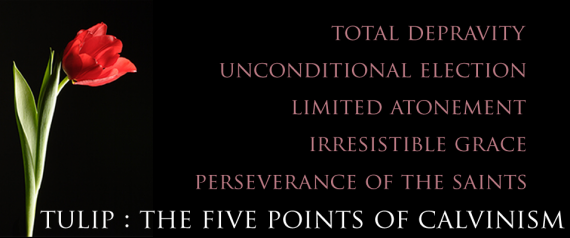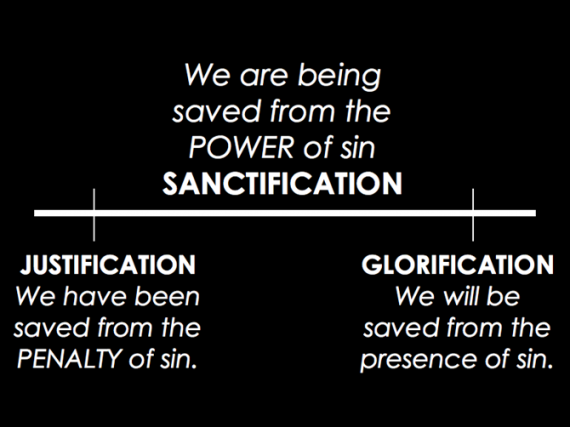Let me take a brief pause in our ongoing series on Calvinism to discuss my choice of Bible translations.
I primarily use the New King James Version (NKJV) of the Bible. It combines the accuracy of the New American Standard (NAS) and the readability of the New International Version (NIV) with the poetry and dignity of the King James Version (KJV).
But more importantly for my purposes, the NKJV translation has not suffered from the blatant Calvinistic interpretive bias which is found in various other Bible translations.
I am convinced that one reason for the rise of popular-level Calvinism in the United States over the past 30 years is because of the popularity of the NIV.

The NIV (as well as the ESV, the English Standard Version) is extremely Calvinistic.
People often think that Bible translators are theologically neutral. They are not.
The act of Bible translation is theological interpretation. That is, when a scholar translates biblical Hebrew and Greek into English, their translation will often reflect their theological bent.
So it is not surprising that the NIV, whose committee of translators heavily consisted of Calvinistic scholars, has a decidedly Calvinistic slant. I sometimes find that a verse in the NIV which seems to irrefutably support a Calvinistic position becomes much less supportive when other translations are consulted. This is especially true in 1 John.
I sometimes wish that Christians who use the NIV for their Bible study would simply rip 1 John out of their Bibles. This is not because I object to what John wrote—far from it! I love it!—but because the NIV translation of 1 John is so shockingly bad.
Has anybody else noticed this as they have used the NIV and ESV for preaching, teaching, or Bible Study? What verses or passages have revealed the greatest Calvinistic bias?
If you want to read more about Calvinism, check out other posts in this blog series: Words of Calvinism and the Word of God.





 One way that some people limit grace is when they try to differentiate between “cheap grace” and “costly grace,” or start trying to limit the application of God’s grace by using theological terms like “prevenient grace” or “efficacious grace.”
One way that some people limit grace is when they try to differentiate between “cheap grace” and “costly grace,” or start trying to limit the application of God’s grace by using theological terms like “prevenient grace” or “efficacious grace.”

 In previous posts we looked at several words that do not refer to eternal life:
In previous posts we looked at several words that do not refer to eternal life: 

 As this inheritance is almost always associated with obedience or a life of faithful living, people who think that our inheritance is the same thing as eternal life from God will get very confused about how to receive eternal life.
As this inheritance is almost always associated with obedience or a life of faithful living, people who think that our inheritance is the same thing as eternal life from God will get very confused about how to receive eternal life. Most people do not realize it, but the biblical teaching on rewards is one of the most prevalent teachings in the New Testament. The concept is everywhere. And much like inheritance, the biblical teaching on rewards often includes calls for faithfulness, obedience, self-sacrifice, and loving service.
Most people do not realize it, but the biblical teaching on rewards is one of the most prevalent teachings in the New Testament. The concept is everywhere. And much like inheritance, the biblical teaching on rewards often includes calls for faithfulness, obedience, self-sacrifice, and loving service.